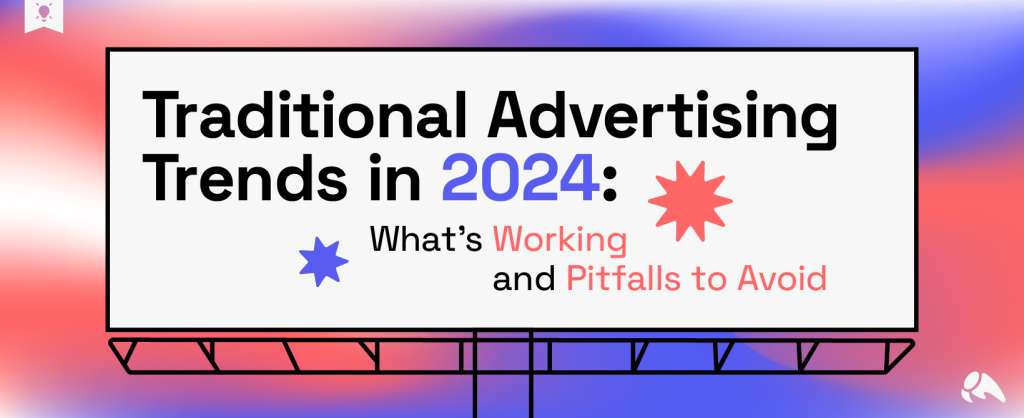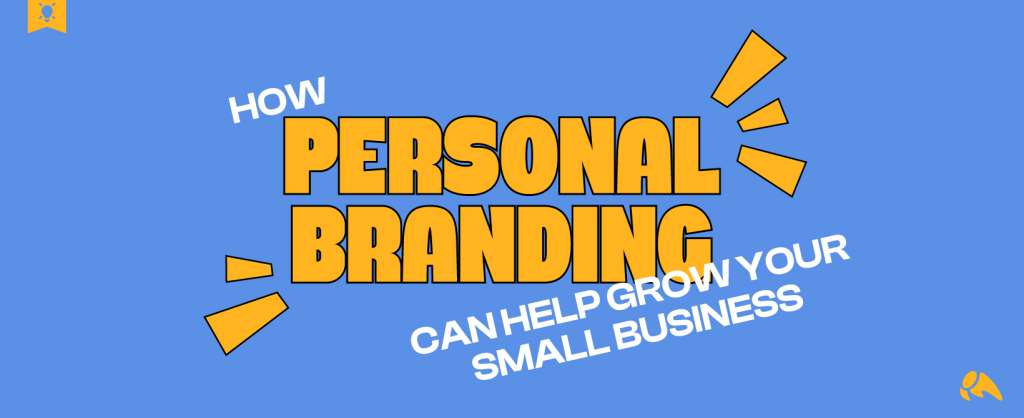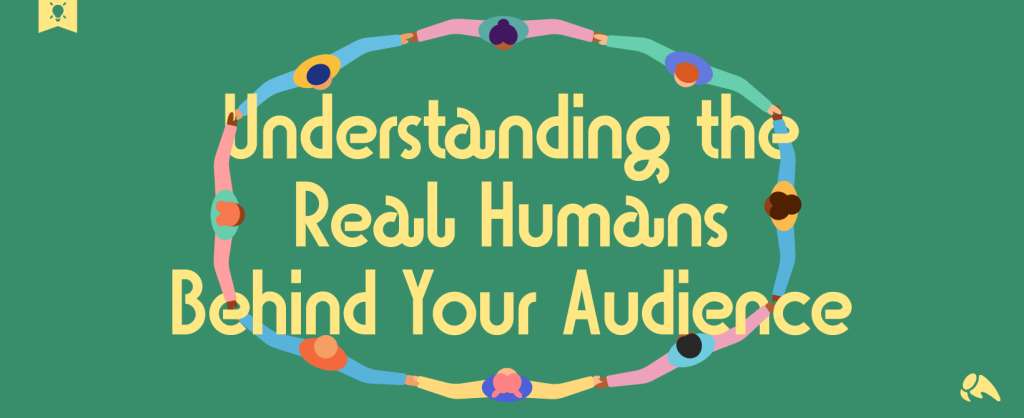
I’ve been eagerly awaiting this session since interviewing Eric Enge of Stone Temple Consulting a few weeks ago. Today, Eric and Sean Kainec of Home Depot are talking about how to change how SEO is perceived in an enterprise environment.
How is SEO perceived? Well, version one is it’s done in a dark closet, it’s black magic, it’s sketchy.
Or, version two, you’re the “keyword people.” What keywords do I need to put on my page? (ok that’s it, thanks, now go away).
Or, version three: You want keywords, title tags, meta description… k, got them. And we’re done, right?
No. Still more.

SEO is a holistic program that touches everything that your brand does on the Internet.
PR builds general authority. SEO is focused content marketing that converts that authority into traffic and cash. You have a flood in your house. Home Depot has a mobile presence that tells you how to shut off that water flooding your house, and then tells you what you’re going to need to repair and take care of your home.
Don’t settle for being the keyword people. You have to find a way to fight your way out of that.
Role and organization definition is critical. Where does SEO line up in the organization?
Is SEO part of the dev team? That’s where it started. There’s advantages – it’s easier to prevent the tech team from doing something stupid. But the tech people don’t control the marketing budget.
Is SEO part of the marketing team? You have more business influence here, so that’s a good thing. But the dev team might think you have three heads and don’t know what you’re talking about. It’ll be harder to get the dev team on board.
Is SEO not affiliated with either? Advantages are that you’re not tied to one group of the other. But there are a ton of disadvantages there. Relationship building within your company can be tremendously difficult, especially if SEO and other groups (PR, etc) report to other people.
When looking to make your enterprise understand and invest in SEO, know your target. Know who you’re speaking to.
CEO quite often says,”So and so said it works this way.” They learned something from a buddy on a golf course, who heard it from a friend. When dealing with that kind of argument, you have to educate them on how complex SEO is. There’s more than 200 ranking factors, we debate what these ranking factors are. “Given all that complexity, what are the chances that your friend, who does not do SEO for a living, is the best source of information on this topic?”
CFO says, “It costs too much.” There are too many CFOs out there who manage by strict numbers and don’t understand other factors that lead to success. Eric likes to walk them through a financial model. Show daily search volume, site conversion rate, average order value and the total available market (daily). You can show a lot of money worth chasing. You can also show which of your competitors is getting that money now – showing their estimated search traffic, and how much they are therefore making per day. There’s a market of X out there, and Y is going to our competition.
“If you can show that your competitor is doing something better, the No you’re getting quickly becomes Yes, very often.”
CMO says, “We don’t need to focus on online.” If they’re making money offline, the business isn’t necessarily in danger if it’s not online. Your business isn’t broken because your business isn’t killing it online, but you’re allowing your competition to be more successful. You can also show that online ad spending is quickly taking over in terms of spending – and results.
CTO says, “It can’t possibly work that way.” Eric gives the example of explaining a 302 vs 301 redirect and the client thinking, they can’t possibly be that different. But they are. And you have to educate.
Imagine a world without search, and 500 trillion pages. Explain to CTOs how important search is to get users to your page versus all of those trillions of pages out there. Make the case for investing in a search strategy. Get them to realize the complexity (and scale!) of all this, and what you’re missing out of if you don’t optimize.
Director of Marketing. “The competition is doing it (bad SEO practices).” Well, you don’t want your brand to be the one that gets written up in the NYTimes for doing shady SEO practices. Just because your competition hasn’t been punished doesn’t mean they won’t make an example out of you tomorrow.
Sean says when starting as an agency with a new client, or newly working internally with a brand, don’t swing for the fences as soon as you start your SEO work. Pick your sure win. Start with a small, sure win that can show success immediately. Find little things you know we can definitely knock out of the park – this builds trust, earns respect and delivers results. When you walk in, if you demand respect with big asks right at the beginning of the relationship, it doesn’t work. Take it one step at a time. For instance, have IT make a change you know will have a positive impact, when it succeeds, thank the IT team without taking credit. Build that trust and respect. Do that for each group you need to build a relationship with.
Sean doesn’t hire “SEOs” anymore. If you have SEO on your resume and don’t have something else that calls you a digital marketer, he won’t hire you. You don’t have to be proficient in everything, but you need to be well-rounded. Build that well-rounded team, and then, if you’re like Sean and Home Depot, you might outsource for some very specific specialties.
Quick thoughts:
On that SEO pitching you services in a LinkedIn message: “If they make promises, it’s not true.”
On immediacy: SEO is a marathon, not a sprint. If you need a sprint to happen, do paid.
Key Takeaway: SEO can’t happen in a silo. There is a technical component, no doubt, but it’s the same as your other marketing – it’s money invested in your business to grow your market share. It’s a part of marketing, and should be seen as such by everyone in your organization.
This wraps up our liveblogging of ClickZ Live New York 2015. Missed the earlier sessions? Catch all our live conference coverage.







